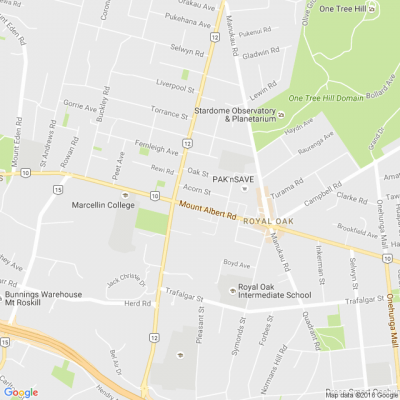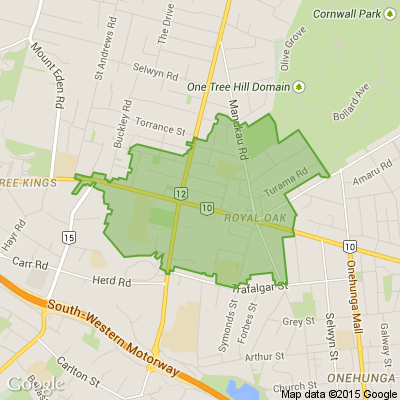Food prices rose 12.5 per cent in the year to April 30, that’s the highest rate since September 1987.
Yesterday’s food price statistics were a stark reminder that Kiwis are still feeling the pain from the rising cost of living.
Despite the fact that higher interest rates are starting to bite and the economy is starting to slow, we cannot yet relax in the fight to beat inflation.
Anyone who remembers the year to September 1987 will recall the country was in a pre-sharemarket crash, inflationary investment bubble. Mortgage rates were up at eye-watering heights, close to 20 per cent.
Most economists expect the Reserve Bank will need to deliver at least one more Official Cash Rate hike on May 24, taking it to 5.5 per cent.
That will see two-year fixed rates above 7 per cent.
Clearly, we are not seeing a repeat of those 1980s excesses.
With the size of the average mortgage so much larger now (nominally and relative to income) the pain will be real.
There’s no getting around the need to rebalance the economy and pay the price for the Covid stimulus-fueled boom - albeit a boom that successfully protected us from a far more serious economic slump than the one we now face.
But there is hope that we are nearing the end of this painful part of the economic cycle.
On Thursday, markets around the world cheered the news that US consumer price inflation had cooled again - the 10th consecutive month of deceleration.
The US Consumer Price Index climbed 4.9 per cent in April from a year earlier, less than the 5 per cent that Bloomberg’s survey of economists had expected.
Stripping out volatile prices like food and oil, the core measure (that central banks tend to focus on) was an improved 5.5 per cent.
Globally, commodity prices have plunged in the past year. We are now seeing the price effects of the pandemic play through in something like the transitory manner that most economists expected.
But the flow-on through to domestic economies - as local businesses pass on costs and wages rise - is taking longer to unwind.
There was a risk that domestic inflation would spiral and become embedded. And that required central bank action.
In New Zealand, the flooding and weather events have compounded food price inflation, but there will always arise short-term issues to deal with.
Despite that the April food price index rise was not actually a shock to economists - it was in line with expectations.
It won’t have shaken the view that topline inflation has peaked.
As that food price spike plays through the numbers, we’ll be left with wages and employment as the last piece of the puzzle to fall into place.
Once we can be sure that we see the rate of inflation is on the decline, there will be scope for the self-inflicted pain of monetary tightening to be eased.
In other words, the Reserve Bank will have regained some control of the economy - until the next big global shock at least.
====================================================
www.nzherald.co.nz...
====================================================

The Influence of the Whānau - Day 9
In a small Māori pā (village) nestled beside a flowing river, a young boy named Rangi lived with his whānau. Rangi was curious and adventurous, always exploring the ngahere (forest) and listening to the stories of his kaumātua (elders). The kaumātua would often remind him, “He waka eke noa”—we are all in this together, and our actions affect the collective.
Rangi's best friend, Manu, was a clever boy but sometimes made poor choices. Manu had recently begun spending time with a group of older boys from another pā who were known for their reckless behavior. They would waste kai (food), leave rubbish in the ngahere, and even disturb the sacred awa (river) by throwing stones at eels.
One day, Manu invited Rangi to join the group, saying, “Come on, Rangi! They’re fun, and they won’t hurt anyone. We’re just having a good time!” Unsure, Rangi agreed, feeling pressure to fit in.
The group’s leader, Matiu, proposed a game: they would sneak into the kaumātua's kumara patch at night and take some for a "feast." Rangi hesitated. He remembered the kaumātua saying how much work went into growing the kumara, with karakia (prayers) and care for the soil. But he stayed silent, feeling outnumbered.
That night, the group raided the garden. As they laughed and ate the stolen kumara by the fire, Rangi felt uneasy. He realized that this was not who he wanted to be. When he saw Manu’s joy in impressing Matiu, Rangi felt torn but remained quiet.
The next morning, the kaumātua discovered the missing kumara and the trampled garden. They called the entire pā together, expressing sadness, not anger. “Our ancestors teach us that the whenua (land) provides for all of us, but only if we treat it with respect,” said one elder. “When we harm the whenua, we harm ourselves.”
Rangi’s heart sank. That evening, he confessed to the kaumātua and his whānau, explaining everything. To his surprise, they did not scold him harshly. Instead, they said, “He tangata tītoki, he tangata rākau—a person is like a tree; they grow straight when supported by others. You must choose companions who uphold the values of your whānau and whenua.”
Rangi decided to distance himself from Manu’s new group and instead spent time with those who respected the land and upheld the teachings of their ancestors. Over time, he encouraged Manu to rejoin him, and together they worked to rebuild the kumara patch, learning from the kaumātua.
---
Moral
This story highlights the importance of right company and like-mindedness. It shows that no one is inherently bad, but the influence of others and the situations we choose can lead us astray. Surrounding ourselves with those who uphold values like respect, care, and collective well-being ensures a life of balance and harmony.
Ka mua, ka muri — by learning from the past, we can walk into the future.
Poll: When should the tree go up? 🎄
From what we've heard, some Christmas trees are already being assembled and decorated.
What are your thoughts on the best time to get your Christmas tree up?

-
4.7% Second half of November
-
43.6% 1st December
-
17.6% A week before Christmas
-
33% Whenever you wish
-
1.1% Other - I'll share below
Today’s Riddle – Can You Outsmart Your Neighbours?
First you eat me, then you get eaten. What am I?
Do you think you know the answer to our daily riddle? Don't spoil it for your neighbours! Simply 'Like' this post and we'll post the answer in the comments below at 2pm.
Want to stop seeing riddles in your newsfeed?
Head here and hover on the Following button on the top right of the page (and it will show Unfollow) and then click it. If it is giving you the option to Follow, then you've successfully unfollowed the Riddles page.








 Loading…
Loading…











